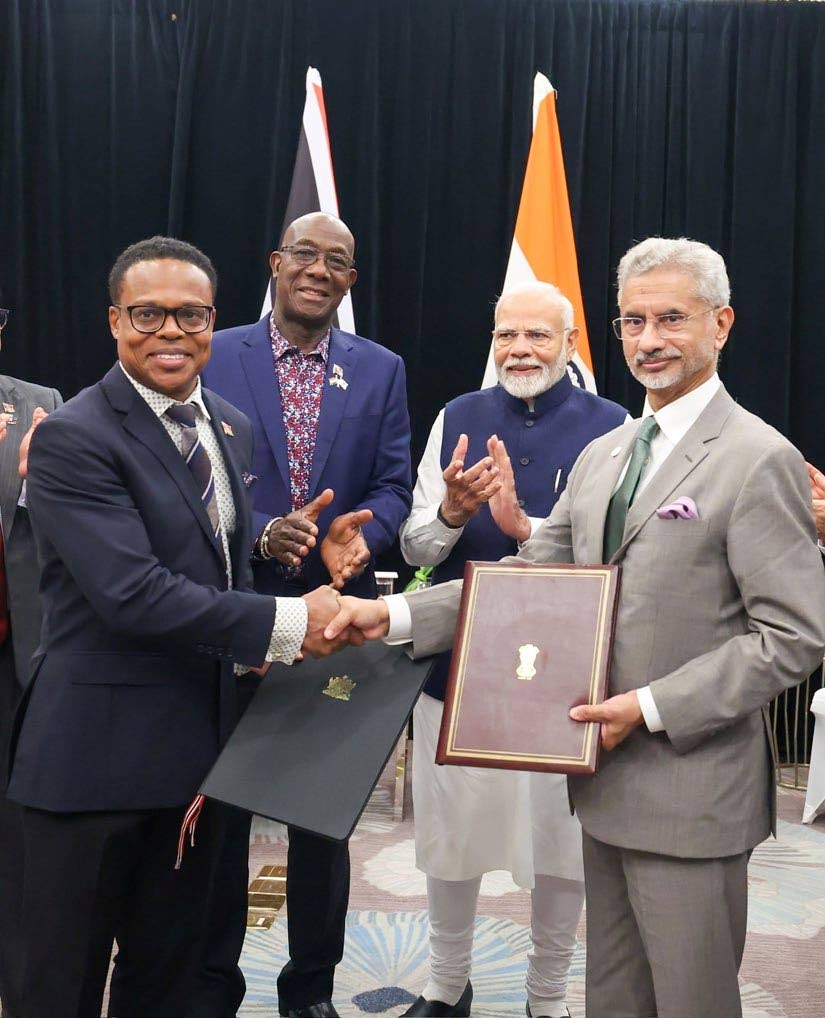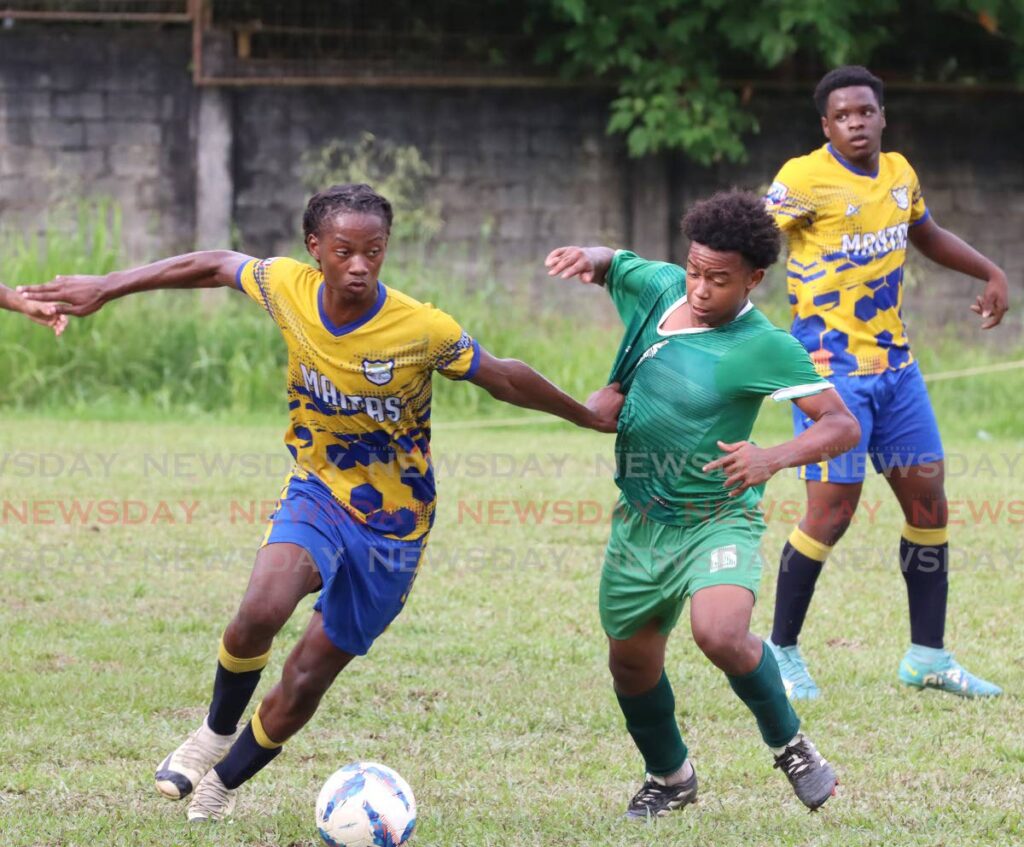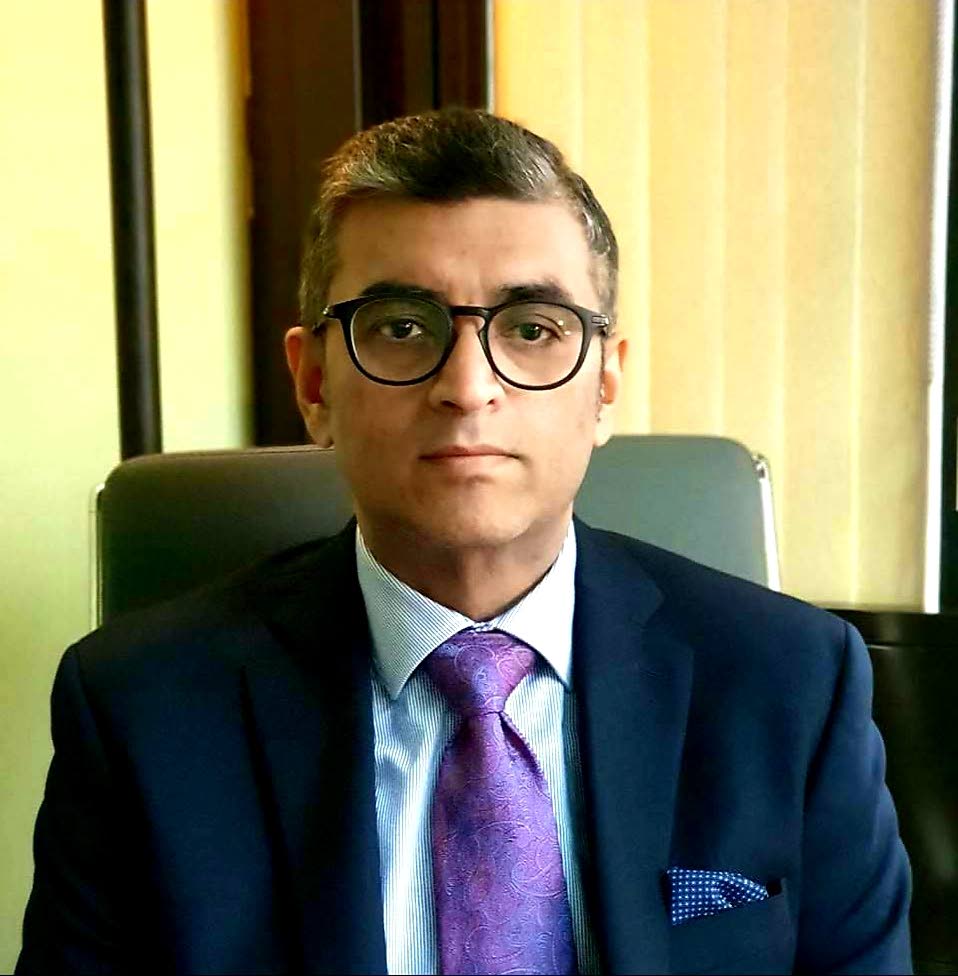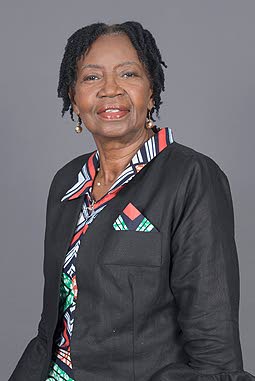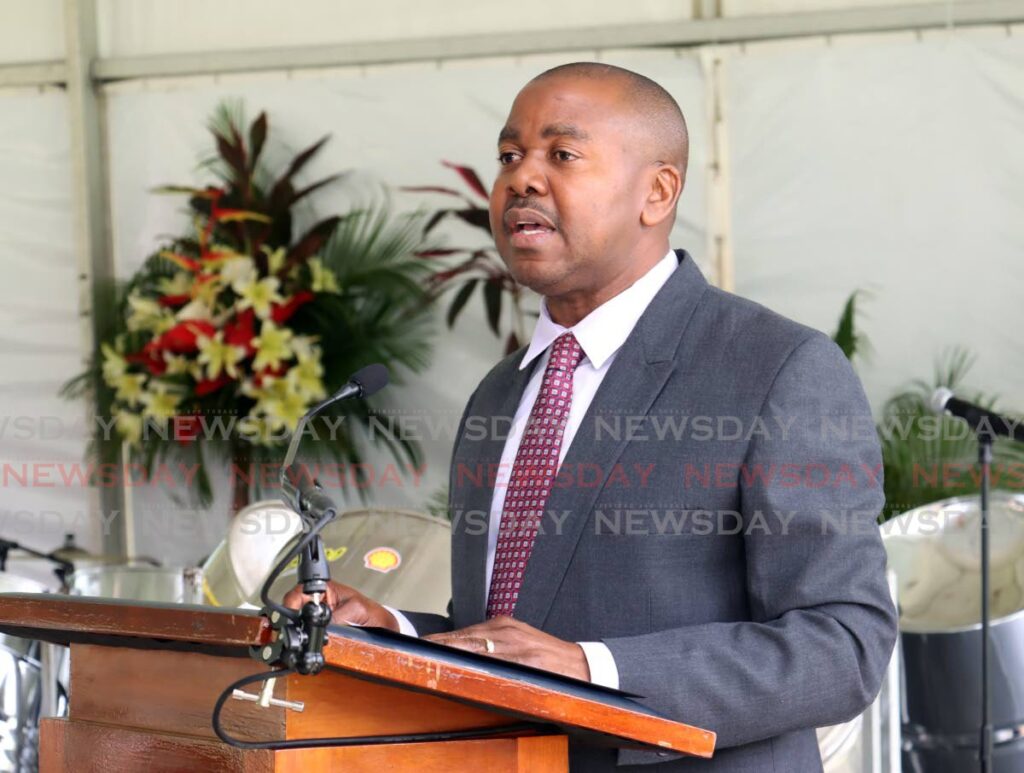Pelting jeps
Written by Newsday on August 22, 2024
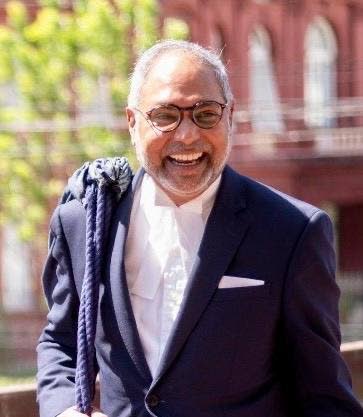
DARREL P ALLAHAR
THERE WAS a time before the digital revolution, a safer time when children were allowed to play outside. Every Trinidadian/Tobagonian child knew or learnt the hard way that after mischievously pelting a jep’s nest (which we here call a jack spaniard wasp), you run and hide from the angry swarm.
Our national institutions, autonomous and otherwise, are quite rightly prime targets for the pelting of big stones, as they must be. Free public discourse inevitably involves the stirring up of passion, debate and the public hum of ideas and opinions. Confidence in our public institutions is not something to be presumed but earned and sustained.
So it came to pass that very recently the well-intentioned chairman of the Elections and Boundaries Commission (EBC), in a manner that was surely not mischievous, and seemingly out of nowhere, pelted a very big stone at the electoral process over which he presides. A welcome blow, and from all accounts a planned one.
The chairman, whom I have always known as an upright, responsible and careful individual, revealed that upon legal advice received, the EBC will be asking all 41 returning officers to declare membership in a political party. He also shared that the EBC does not appoint returning officers who are what he described as “party activists.”
A good start, I might say. The statements raised the ire of several politicians. There was a buzz, a few commentaries in the media, but I wouldn’t call it a swarm of debate. Disappointing to say the least.
Yes, there was focus on why only returning officers and not, say, the presiding officers. There was talk about whether such disclosure would make a difference, since people do not have to be members of political parties to have a political allegiance. We have yet to know what precisely the EBC views as “party activists.”
The buzz has died down for now, as eyes are on the recently published report on constitutional reform. Like children playing in the yard, our collective attention span is dictated by the next big event.
Our national electoral system, that monolithic and enduring institution which includes the EBC and our electoral laws and regulations, still hangs like a jep’s nest, hardly ever disturbed because it has always been there.
After independence, no substantial changes were made to the way we cast and count ballots. An autonomous institution recommends changes in boundaries and oversees the process. Apart from one commission of enquiry in the past, have we really taken a good look at the mechanics of the exercise and how political allegiance by election officers can influence the outcome of our elections?
It is interesting and timely that the chairman of the EBC itself has raised the issue. In my respectful view he did not go far enough, but, as things go, he has given us an opportunity to ask questions and to demand answers.
Confidence in the fairness of a process is one thing. Confidence in the fairness of individuals administering that process is another. Both are essential to the legitimacy of election results, as we have seen in neighbouring Venezuela.
Having opened the door to disclosure, the EBC should now share with us the process it intends to use to screen all 16,000 volunteers who will work in the next election. What disclosures would be required? Would these people be selected again if complaints have been made against them in the past? Who selects them and how are they selected for particular areas? How much are they paid?
The names of returning officers are published in advance of elections and this allows for opportunities for objections to be made. Why can’t candidates be privy beforehand to the disclosures made by these people to the EBC? Is there any reason the names of presiding officers are not similarly published? Why so?
Having opened the door of disclosure, it can never be objectionable for the chairman, commissioners of the EBC and the chief election officer to make public disclosures on, say, whether they, their businesses or immediate family receive government work and if they are closely related to any people of political significance. Why not?
What about changes in boundaries, renaming of constituencies and the moving polling stations? Yes, we have a system of technical reports laid in the Parliament. Has the commission really attempted to break down its reasons for these changes in a manner that the ordinary citizen can understand?
The EBC publishes reports after each election. Why can’t there be detailed treatment of the reports of irregularities and how these complaints were addressed on polling day? Would that not be of interest to the electorate?
Presiding officers and election staff are called upon to make many decisions about the validity of ballots and are charged with ensuring proper procedure. The courts have recently affirmed that the failure by the returning officer to initial a special ballot could not be cured, even if the elector would be disenfranchised and his vote not counted. We had to go back to a bye-election.
The process of challenging election results is a legally complex and intricate project to initiate. The EBC has, at least in the last matter challenged, shown a regrettable reluctance to provide those complaining with relevant information, suggesting a defensive stance which some may unfortunately decipher as a personal stance. Again, public confidence matters.
While one understands the desirability of respecting the results of the polls, why should litigants have to obtain permission from the courts to present an election petition? At such an early stage, the absence of disclosure of relevant information in the possession of the EBC would obviously put a petitioner at a disadvantage.
Our election regulations date back to the 1960s. I have often wondered why in this day and age should the counting of ballots be in secret, hidden from the general public but open only to candidates and their agents. Why should we hide the process and the way in which presiding officers rule on objections? Why in the 21st century should those wishing to challenge the behaviour of a presiding officer have to rely on handwritten notes? Is it so difficult to amend the election rules so that all counts be live-streamed and available as evidence? What is there to hide?
As mentioned before, the events in Venezuela should be of interest to all of us. There are questions over the partiality of its election commission and a refusal by it to release the detailed results.
While I am not questioning the impartiality of the members of our EBC, I have attempted to pelt a few stones in the hope that all those concerned may be raised to demand answers to ensure that there is public confidence in our upcoming general election.
We should never be afraid to ask questions.
Darrel P Allahar is an attorney
The post Pelting jeps appeared first on Trinidad and Tobago Newsday.
